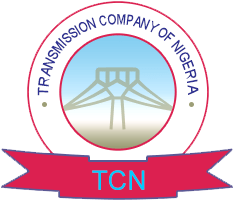Power experts have expressed optimism about the unbundling of the Transmission Company of Nigeria (TCN), foreseeing potential improvements in efficiency, performance, and reliability in the country’s power sector. The move, announced by the Federal Government on December 20, 2023, involves the division of TCN into two separate entities, the Independent System Operator (ISO), and the Transmission Service Provider (TSP).
Dr. Akinrolabu Olukayode, Chairman of the Customer Consultative Forum EKEDC Festac/Satellite District, emphasized the potential benefits of unbundling TCN. He highlighted that separating the responsibilities of managing the national power grid and delivering bulk electricity could lead to increased efficiency and specialization in each area. The restructuring aims to address existing challenges within TCN and promote better coordination, improved system management, and enhanced accountability.
However, the success of this restructuring is contingent on effective implementation, adequate resources, and proper oversight. Olukayode underscored the importance of ongoing evaluation to gauge the impact of the restructuring on Nigeria’s electricity sector. He urged the government to collaborate closely with stakeholders to develop and implement effective strategies for addressing challenges and improving overall power sector performance.
Discussing TCN’s weaknesses and system collapses, Olukayode emphasized the significance of addressing these issues to ensure a stable and reliable power supply. Adetayo Adegbemle, the Executive Director of Initiatives for Electricity Rights (PowerUp Nigeria), emphasized the need for a clear proposal and policy paper detailing the benefits of the TCN unbundling. He noted the substantial investments made in TCN over the last four years and anticipated the fruition of projects aimed at increasing TCN’s capacity.
Adegbemle also weighed in on the removal of electricity subsidies, expressing agreement with the government’s decision. He emphasized that the subsidy, initially intended to benefit vulnerable Nigerians, was no longer effectively serving its purpose and had been compromising efficiency.
In conclusion, the unbundling of TCN has sparked optimism among power experts, with expectations of a more efficient, reliable, and accountable power transmission system. As Nigeria navigates these changes, collaboration between the government, stakeholders, and consumer advocacy groups will play a crucial role in shaping the future of the country’s power sector.
